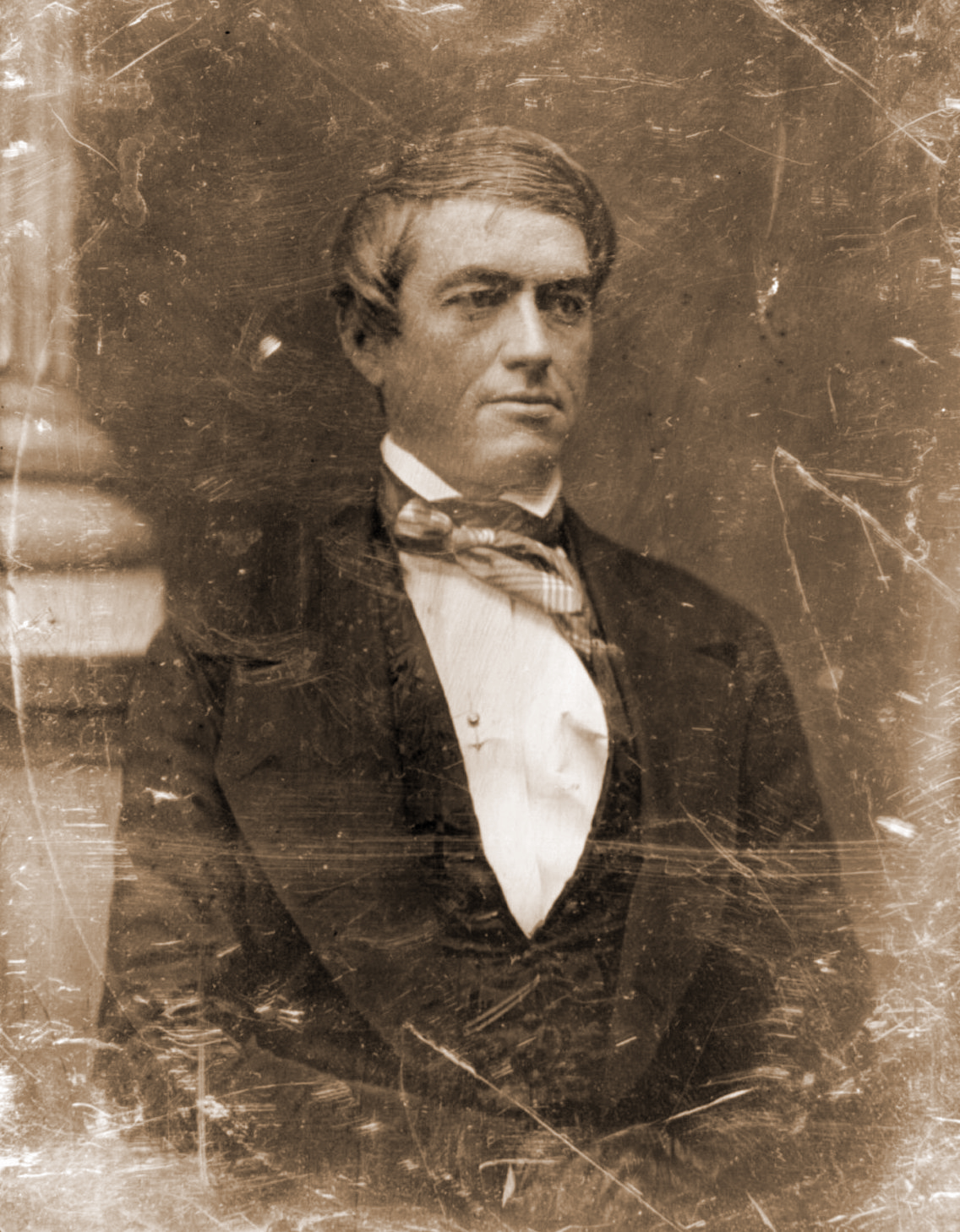When words speak louder than actions
Published 2:43 pm Tuesday, November 26, 2019
By LATA NOTT
Guest columnist
Picture this scenario: A woman contacts a hitman. She tells him she wants her husband dead and promises to pay him $5,000 once the job is done. But the police find out about the plot before the murder can take place and the woman finds herself under arrest. Her defense? She never actually did anything to hurt her husband. All she did was exercise her freedom of speech by having a conversation with a contract killer.
Does that argument work?
You don’t need to be a lawyer to know that it doesn’t. The First Amendment may protect our right to speak freely, but it does have limits. In many cases, we encounter those limits when our speech becomes conduct — when our words go beyond merely expressing our thoughts and feelings and become actions in and of themselves.
Hiring — or attempting to hire — someone to commit a crime on your behalf is the most obvious example of this, but there are others. Speech that intentionally incites others to commit immediate acts of violence isn’t protected by the First Amendment. Neither is speech that conveys nuclear codes to a country at war with the United States, or speech that’s meant to make someone fear for his or her life. Or, to look at an example from last week, neither is speech that’s intended to intimidate witnesses. President Trump was accused of doing this when he posted tweets attacking former U.S. Ambassador Marie L. Yovanovitch during her testimony at the impeachment inquiry. Trump’s response to reporters was, “I have the right to speak. I have the freedom of speech just as other people do.”
Whether that argument works or not depends on what the president’s intentions were when he sent out those tweets. If he simply wanted to express his opinion about a former employee, even if it was ill-timed and inappropriate, that’s not illegal. But if he intended to discourage Yovanovitch or other potential witnesses from testifying against him during the impeachment inquiry, that moves his tweets out of the cozy realm of protected speech and into the land of punishable conduct. Put another way, it would need to be more than just an expression of what’s on his mind, but rather be an action taken to achieve an illegal outcome (in this case, obstruction of justice). Incidentally, even though this would be a felony, Trump can’t be prosecuted for this while he’s a sitting president — although it is something that could be added to his impeachment charges.
Courts are often reluctant to consider speech as conduct unless there’s a good deal of context supporting that the speaker had unlawful intentions. For instance, when it comes to that aforementioned crime of intentionally inciting others to commit immediate acts of violence, you’ll only be charged with it if your speech was directed towards a specific person or group and you had an expectation that the speech would actually lead in short order to lawless action. That’s a pretty narrow exception to the First Amendment, which is as it should be. That’s why calls for laws that criminalize hate speech, with the rationale that people who hear it may go on to commit violent acts, don’t sit well with me. While there are times when words themselves can be criminal, there’s something very discomforting about drawing a line linking one person’s speech and someone else’s uncoordinated and independent actions.
Lata Nott is executive director of the First Amendment Center of the Freedom Forum Institute. Contact her via email at lnott@freedomforum.org, or follow her on Twitter at @LataNott.






